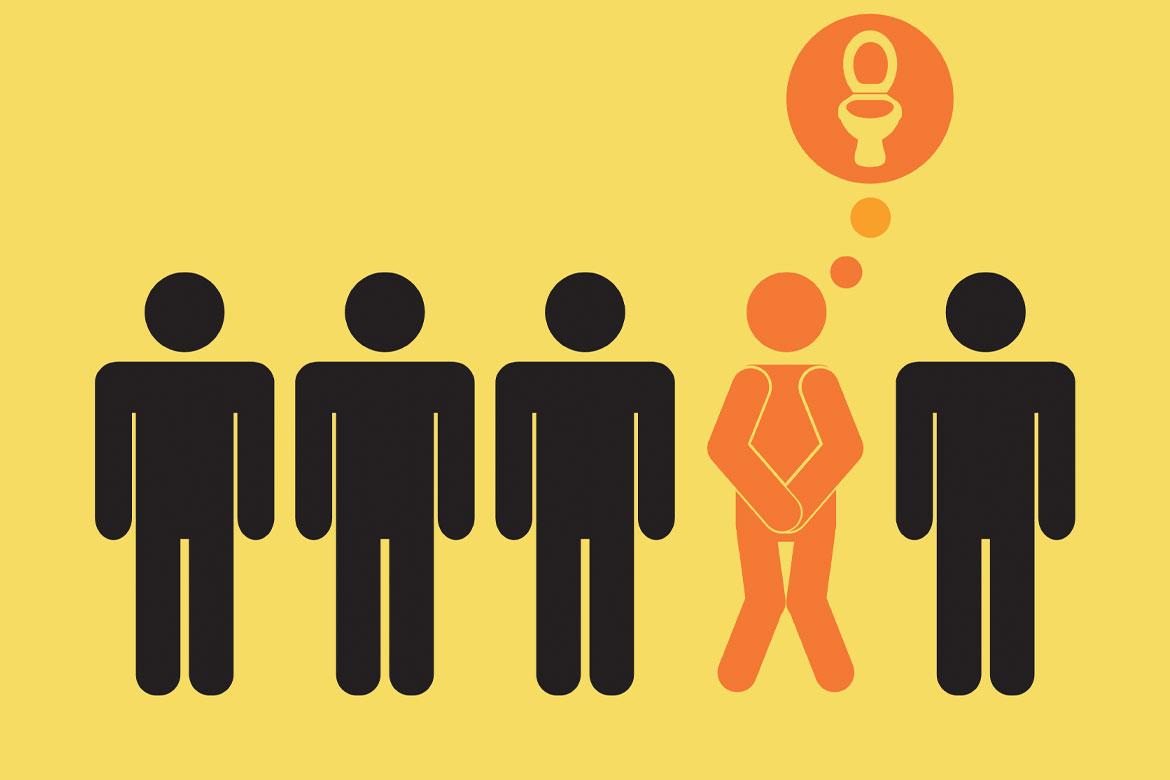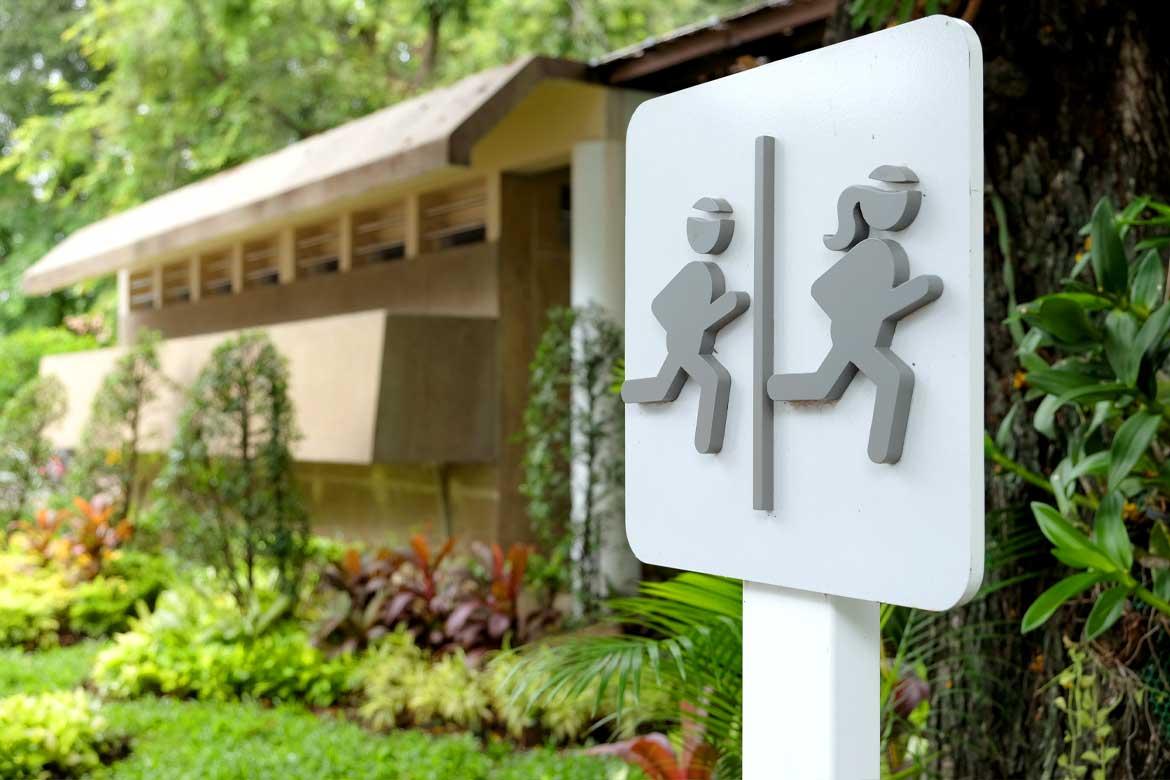-
-
Featured Care Areas

Bladder Stones
What are bladder stones?
Bladder stones are hard lumps of minerals that form inside the bladder when it is not entirely empty from urine.
They are generally made up of calcium.
In some individuals, bladder stones remain unnoticed and may pass out naturally during urination, but most people will experience urinary symptoms.
What are the symptoms of bladder stones?
Bladder stones can irritate the bladder wall and impact the flow of urine.
Typical symptoms include:
- Lower abdominal pain, sometimes associated with pain at the penis tip, scrotum, genital area, back or hip
- Difficulty starting, maintaining and completing urination
- Painful urination, which is dull or sharp in nature
- Frequent urination, especially at night
- Blood in the urine, causing a red or dark-coloured urine
What causes bladder stones?
When there is an accumulation of urine in the bladder, chemicals stick together and form crystals which harden over time to form bladder stones.
Possible reasons that may lead to this include:
- Prostate enlargement. An enlarged prostate can compress the urethra, the exit tract of the urine. Urine cannot be cleared out from the bladder. Over time, the remaining urine forms bladder stones.
- Neurogenic bladder. This happens when nerves controlling the bladder are damaged by spine injury or diseases affecting the neurological system.
- Bladder diverticulum. This is a pouch that protrudes out of the bladder wall, creating a space to store urine. It can present since birth or form after repeated infection and long-term prostate enlargement.
- Surgical procedures. People who have undergone certain types of bladder, ureter and vaginal surgeries have a higher risk of bladder stone formation.
- Foreign bodies or migrated stones from the upper urinary tracts (kidneys or ureters). They can act as nidus (a nest or central point), slowly covered by chemicals in the urine to form bladder stones.
What are the risk factors for bladder stones?
These include:
- Obstruction due to a large prostate
- Recurrent urinary tract infections
- Foreign bodies such as a long-term indwelling catheter
- Surgically reconstructed neobladders with urinary stasis
What are the complications of bladder stones?
Large bladder stones can have significant impact on your quality of life. These include:
- Recurrent bleeding
- Recurrent urinary tract infection
- Recurrent pain in the lower abdomen or genital areas
- Frequent urination
- Obstruction in urinary outflow, causing urine retention
How do you prevent bladder stones?
The most important way to prevent bladder stones is to ensure your bladder is emptied optimally. An enlarged prostate is one of the most common causes for incomplete bladder emptying. Therefore, it is paramount that a patient with an enlarged prostate should receive medical and/or surgical treatment for it.
This page has been reviewed by our medical content reviewers.
Need help?
For enquiries, please call
+65 6575 7575
For appointment bookings, please WhatsApp
+65 8111 9777








